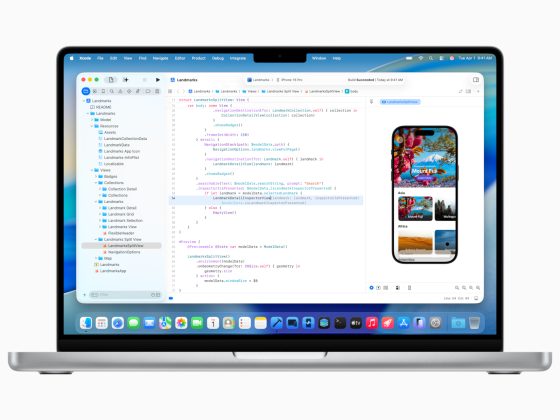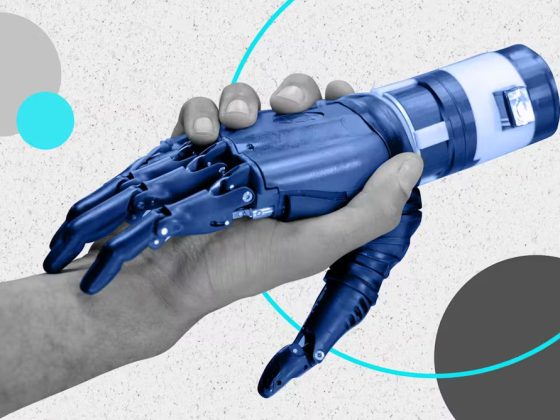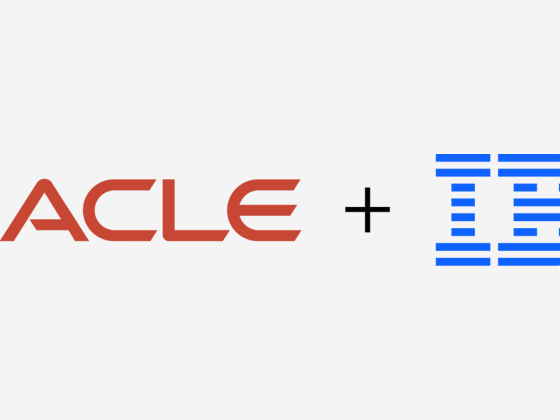Tuberculosis is caused by the M. tuberculosis bacteria which mainly infects the patient’s lungs.
- Did you know that tuberculosis (TB) has plagued humans for thousands of years, and it continues to sit in the list of top 10 causes of death worldwide today?
- Worse, some strains of the bacteria that causes TB have become “superbugs” that have developed resistance to available treatments.
- Scientists from NTU and EDDC collaborated and discovered inhibitors that could potentially be developed into drugs to fight these drug-resistant bacteria.
While COVID-19, a disease caused by a virus, has captured the world’s attention over the past year, bacterial infections continue unabated. Furthermore, the emergence of more and more “superbugs” that are resistant to current treatments only serves to compound the issue, often leading to deadly outcomes. The Mycobacterium tuberculosis (Mtb) bacteria that causes tuberculosis (TB) is one of those superbugs.
Like COVID-19, TB is an easily transmissible airborne disease. It has plagued humans for thousands of years and continues to be one of the top 10 causes of death worldwide today. The problem has worsened with the emergence of Mtb strains that have developed resistance to available treatments, giving rise to drug-resistant tuberculosis (DR-TB). In 2019, the World Health Organization assessed that approximately 10 million people worldwide were infected with TB – among those, 500,000 developed DR-TB, and 182,000 died.
As a result, research to uncover the inner mechanisms of the Mtb bacterium has been ongoing in order to combat DR-TB, and develop novel drugs to tackle this intractable disease. Scientists from the Experimental Drug Development Centre (EDDC), the national platform for drug discovery and development hosted by A*STAR; Nanyang Technological University (NTU) and Lee Kong Chian School of Medicine (LKC Medicine) have teamed up to develop two classes of potential drug candidates against DR-TB.
DEVELOPING INHIBITORS OF MTB’S ENERGY GENERATION PATHWAY
The Mtb bacteria generates the energy it needs to live and reproduce through a process known as oxidative phosphorylation. This pathway is a series of biological and chemical reactions that use key proteins (enzymes) to catalyse the formation of “energy carrying” molecules. Disrupting or inhibiting this pathway would therefore kill the bacteria.
“The enzymes in the oxidative phosphorylation pathway of Mtb have epitopes – unique regions that are specific to the bacteria – which are attractive targets for the design of drugs that inhibit or kill the pathogen but do not harm the human host. By targeting the epitopes and disrupting the functions of these key enzymes, we hope to provide more effective solutions to treat multidrug-resistant TB,” said Professor Gerhard Grüber, the lead Principal Investigator of TOPNeti at NTU’s School of Biological Sciences.
Applying their extensive knowledge on the structure and function of key mycobacterial enzymes involved in oxidative phosphorylation, Professor Grüber, along with his colleagues Assoc Prof Roderick Wayland Bates from NTU’s School of Physical and Mathematical Sciences and Assoc Prof Kevin Pethe from the Lee Kong Chian School of Medicine, identified two viable drug targets for the initiation of drug discovery campaigns.
LEVERAGING EDDC’S RAPID AND RIGOROUS DRUG DISCOVERY PROCESS
Scientists in EDDC’s High Throughput Screening (HTS) and Medicinal Chemistry teams developed chemical-based inhibitors against these two targets. In one project, the HTS team tested over 115,000 compounds against one of the targets (cytochrome bd oxidase) in a rapid, automated fashion to identify and shortlist those that would bind well and were effective at blocking the target’s function; these shortlisted compounds are termed as “hits”. The HTS team then tested the hits iteratively using biological assays, further shortlisting and then chemically tweaking them to improve their binding affinity and ability to inhibit the target. This led to the eventual generation of a lead series of potent inhibitors.
In another project, EDDC’s medicinal chemists further optimised a previously discovered inhibitor of a second target (F1FO-ATP synthase) through repeated cycles of biological testing and re-design. Likewise, this project led to the development of a lead series of compounds. A patent has been filed for the inhibitors developed for this target, with licensing discussions underway with a pharmaceutical company. This effort is led by NTUitive, NTU’s innovation and enterprise company.
“This was a true partnership where each partner brought complementary expertise to the table. We used our capabilities at EDDC to generate these compounds, which our collaborators at NTU and LKC Medicine then tested in biological assays to determine which worked and which didn’t. In so doing, we were able to develop these novel, potent compounds in a very focused fashion,” said Pearly Ng, Head of Medicinal Chemistry at EDDC.
Prof Grüber agreed, “It has indeed been a fruitful collaboration with EDDC. We worked like a seamless tag team, matching our capabilities to allow each partner to focus on what each does best. It has been critical to the success of this partnership.”
As other superbugs loom large in our environment, the EDDC and NTU teams are not resting on their laurels. They are currently in discussion to expand their successful collaboration and develop therapies to tackle more superbugs.









